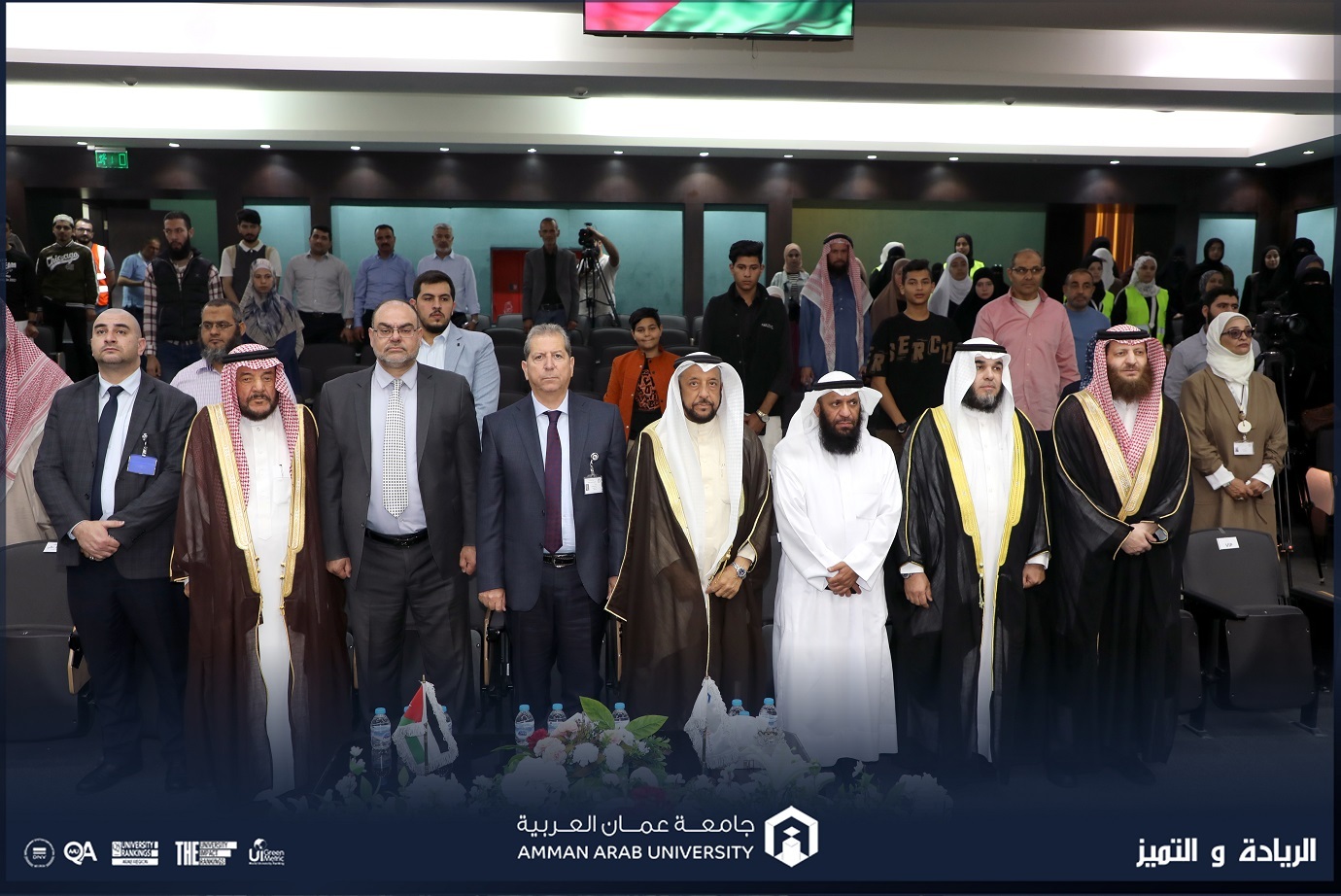Remote Jobs in the Era of the Digital Economy
By: Prof. Dr. Younes Megdadi, Faculty of Business – Amman Arab University
We notices what is happening in the labor market by moving towards remote employment for many jobs in light of the so-called digital economy and its functional requirements, which has imposed itself on all economic sectors and their transactions, which prompted many companies to adopt the so-called remote employment policy, that is, work while you are at home, which It has become noticeably growing, and employment is carried out within an agreement and certain job conditions, and this trend towards remote employment, as employers see it, has achieved many economic savings for the benefit of companies and even the employee himself.
Economic specialists believe that this approach may contribute significantly to reducing unemployment rates, especially among university graduates, of both sexes and from various disciplines, where it is possible to work with the remote control, which has become a new type of employment, especially in light of the digital economy on the one hand, and the absence of opportunities On the other hand, university graduates aspire to work.
This trend towards remote employment has become a space and a career path in the employment policies of companies, especially in the private sector, which is the largest incubator for jobs of an economic nature, which prompted decision-makers in companies to think of this type of employment to reduce operational financial burdens in light of local economic challenges at the same time, this type of employment prompted many of the unemployed to accept the idea of remote employment, which found many of them the pleasure of working with the remote for specific hours instead of nothing. Rather, it became clear to many of them that the world around them is constantly changing in light of developments. The most prominent of which is the shift towards the digital economy and digital marketing and its content in all economic sectors locally and globally.
Economic observers believe that this type of employment is a real opportunity to reduce unemployment among unemployed youth to become effective with its ambitious energies and participation in sustainable construction on the one hand, and to strive towards building their personal and social future in light of the available employment opportunities, including remote employment. Starting from the idea of remote employment, we believe that legislative frameworks must be developed as an appendix to the labor laws to regulate the process of remote employment and at the same time to be a legal nucleus synchronized with the digital economic trends, which have become a reality practiced by companies in various economic sectors.
Regulating employment by remote is a public responsibility and moral obligation aim to protect all relevant parties to reflect positively on the labor market and the performance of all sectors and their affiliates with professional excellence capable of adapting to economic developments towards a better future.







